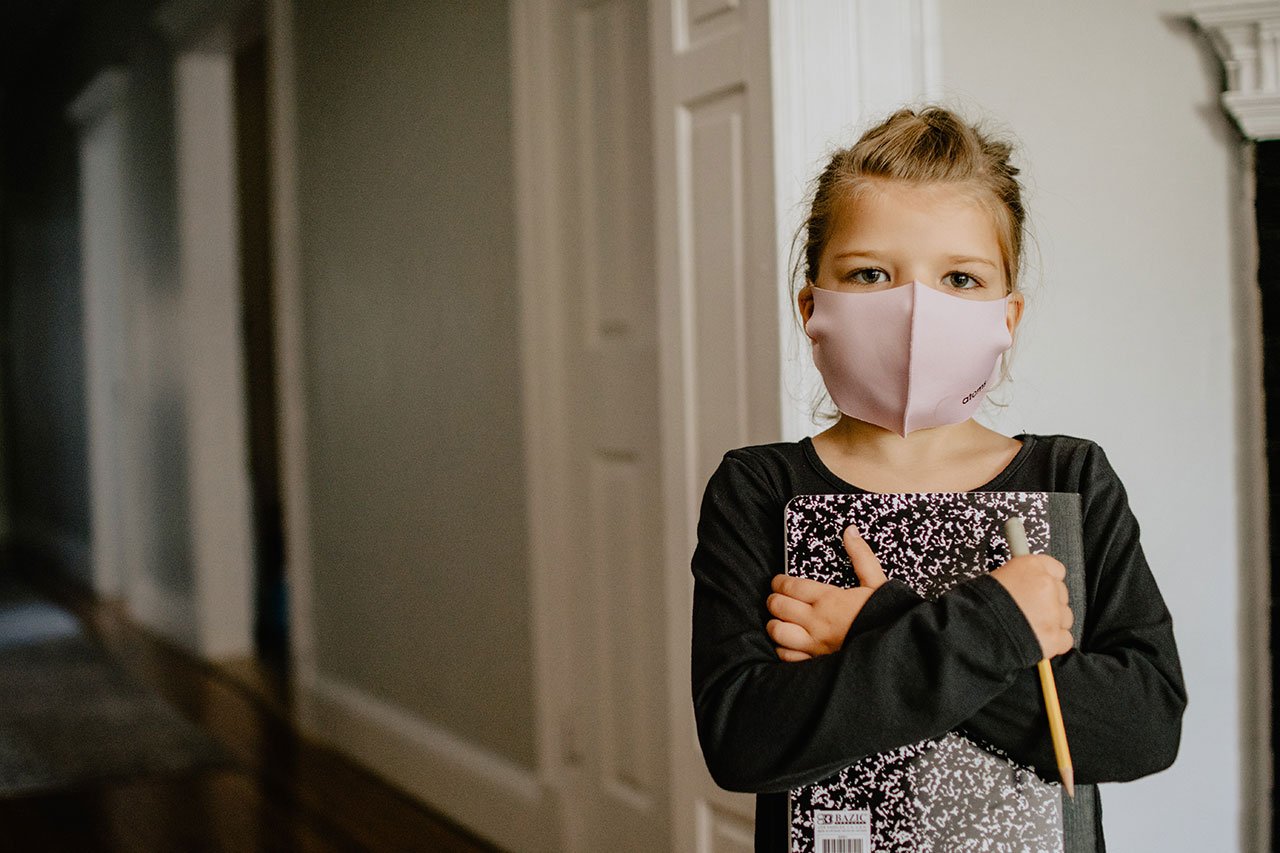
As the coronavirus pandemic drags on and on, experts have started to talk about a resulting trend: a mental health pandemic. Children are increasingly suffering from depression, anxiety, and negative feelings as their family life, social interactions, and activities have been altered or paused to account for yet another spike in cases. Winter can already be a challenging time emotionally – the days are shorter, darker, and colder, and it is more difficult to do the things kids enjoy doing outdoors. Seasonal Affective Disorder, a type of depression that recurs at the same time each year, occurs most commonly during the winter. Whether or not a child is diagnosed with Seasonal Affective Disorder, the combination of winter and restricted pandemic lifestyles is a double whammy that should motivate parents and caregivers to pay special attention to kids’ mental health. Here are a few practical tips adults can integrate to bring warmth and light to the young people in their lives as we weather yet another pandemic winter.
- Talk to children. Having frequent conversations about feelings – giving feelings a name and building a cognitive connection to an event and a child’s emotional response - is a healthy way for children to understand and process what they’re going through and internalize their capacity for love and resilience. When adults build a frequent practice of communication with children around tough topics, children can better understand how to share their feelings when things become heightened.
- Structure the day. For infants, teens, and every age group in between, a structured day helps create purpose, momentum, and a sense of shared reality. Structured days are practical and comforting and can act as a mental health cornerstone when fear and anxiety loom large. Children thrive when time constraints, boundaries, and predictable events that they can look forward to. If a child risks becoming bored, they are more susceptible to anxiety.
- Be honest. “These uncertain times” continues to be the refrain that surrounds COVID-19. While it may be tempting to reassure children and promise them that everything will be OK, painting a sunny vision of the future may set them up for disappointment or deepen their grief if things go differently. Instead of creating a pattern around constantly reassuring kids, let them in on your uncertainty. It is OK not to have all the answers – and there are still plenty of ways to cope, find joy, and savor the present moment without fantasizing about an unknowable future.
- Make time to be outside. Even if the weather is chilly, or your time outdoors is brief, any time spent in the fresh air is healthy and well worth it. If possible, visit parks or other outdoor places where kids will see their friends and neighbors. Make a list of fun activities to do outside with kids, from sports games to nature hikes, so that they can benefit from sunshine and exercise. Young children need several hours of physical activity each day, and teens need at least an hour. Not only will outdoor activities feel great, but they will also boost kids’ moods.
If the children in your life display ongoing symptoms of a mental health issue, consider seeking professional help. Instead of looking for a single behavior or pattern, watch out for any number of symptoms, such as:
- Clinginess. If a child won’t separate from your side or is asking you for constant reassurance, chances are they are feeling fearful or anxious.
- Recurrent headaches or stomach aches. Anxiety can take a toll on our bodies – and for children, physical symptoms may show up before a child can articulate their feelings.
- Mood swings. Is your child irritable and crabby? Have they lost interest in things that they used to love doing? Frequent moody episodes, tantrums, or crying fits are strong indicators of depression or anxiety.
- Difficulty sleeping. A poor night’s sleep will disrupt a child’s interest in daily routines and can lead to several physical and developmental ailments. If anxiety keeps a child up a night on a recurrent basis, it may be time to seek help from a mental health practitioner.
At Maryvale, we consider a child’s holistic experience and lifestyle when providing mental health support to ensure that their treatment plan offers them the help they need to work through difficult times. We build support networks for children, teens, and families dealing with anxiety and mental health disorders through our community-based services. Learn more about how we provide life-changing care to those who need it most.






